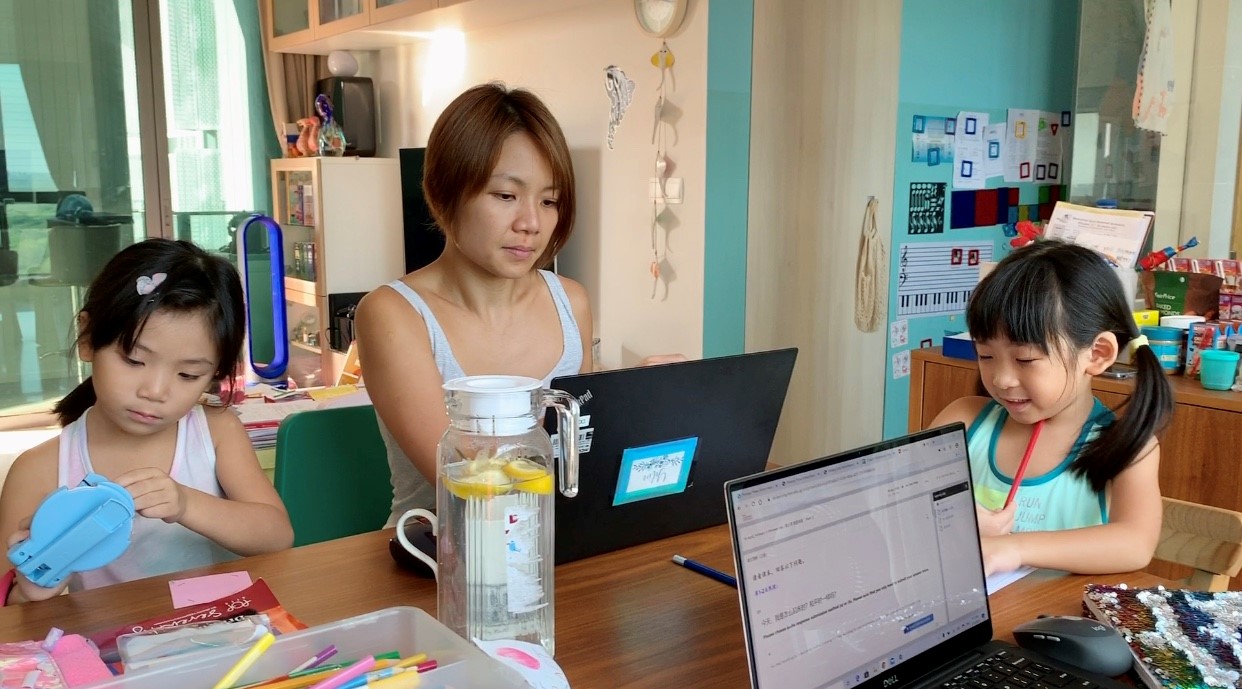Remote working has become a far more common term these days.
The trend has skyrocketed in popularity especially with large MNCs that are looking to offer more flexible working options to a new breed of digital, modern employees.
In Singapore, workers and employers alike have warmed to the potential benefits of this new paradigm, so much so that a 2018 study recorded that 63 per cent of Singapore employees were working away from the office at least once a week.
Remote working has, for example, been a welcome change for working mums and dads who want to spend more time with their families without having to compromise on career progression.
That said, remote working is very likely to become a norm in our near future as companies recognise its advantages, such as attracting and retaining talent, reducing office rental costs and giving business owners the flexibility to add value to teams regardless of geographical barriers.
All this makes remote working sound great, but is it?. Opinions are still divided on whether people perform better working remotely or in an office environment.
Remote Working Sounds Like The Dream, But Is It?
The skepticism isn’t unfounded, because let’s be real, there are always two sides to every coin.
I’ve had a few chances to try out remote working, which came in handy when I had something to attend to at home, or simply needed a change of environment.
Personally, I like the idea that work doesn’t have to be confined only to the office, and that I can be free to perform my duties from anywhere else.
However, there are some downsides to being physically away:
Feeling disconnected

One obvious challenge is the inconvenience when it comes to communicating and collaborating on projects.
When you need to get ahold of your colleagues, you can’t just look for them at their desk or pop into a meeting room for a quick discussion.
Sometimes, clear communication is hindered when we can only rely on emails and text messages instead of getting immediate answers face-to-face.
Being apart from our colleagues can also create a sense of isolation. The loneliness that comes with remote working has been a serious issue on the rise along with this growing trend.
Beyond communication hiccups on professional matters, remote workers feel shut off from human connection when they miss out on the little things like lunchtime conversations and spontaneous celebrations.
Distractions
Whether working from home, a cafe, or a coworking space, there’s a chance that you might get slowed down by distractions if you feel too comfortable.
On top of that, it takes even more self-motivation to avoid being distracted with the lack of supervisors or bosses around.
For some people who work from home to be closer to family, it can actually be a double-edged sword. Being in constant contact with your children or parents may blur the boundaries between work and life.
Rather than dividing your time effectively between both, tending to family members as and when they need you could disrupt your workflow. Thus, you may work longer hours to make up for it, eating into quality time that was supposed to be set aside for family.
Constantly plugged in

Speaking of working longer hours, a major difficulty with remote working is the inability to unplug after the workday is done. In a 2019 study, remote workers said it was the biggest struggle they faced.
There’s no structure to follow — like going for lunch when everyone goes for lunch, or knocking off at 6pm — these habits sort of just fade away.
Perhaps our sense of responsibility to prove that we’re working even away from the office kicks in too hard. So we tend to keep on going, pushing back our lunches and clocking more hours of overtime than if we worked in the office.
When there is no one specific place you go to work, everywhere you are (even including your bed) becomes a ‘workplace’.
What Makes Remote Working A Great Option?
Despite the above-mentioned limitations, there are many other reasons why remote working still makes for a great option. Here are some of its advantages:
Flexibility and balance

Most of the time with remote working, employees are unshackled from the 9 to 5, and completing their tasks becomes more important than what time they sit down and work on it.
Probably one of the biggest plus points is that this places control in your hands. You have the ability to plan your own schedule and maximise your time the way that works best for you. You can create an optimal working environment that helps you really get in the zone.
If you have other commitments in your personal life, working remotely allows you to make more flexible arrangements so that you can excel in your job without jeopardising your personal life.
For example, it becomes a lot easier to do things like going for doctor’s appointments, picking the kids up from school or going to the gym when your free time isn’t limited to nights and weekends.
Increased productivity
Although productivity in remote working is sometimes debated, there are quite a number of factors suggesting that it contributes to increased productivity.
There are fewer interruptions from coworkers, lower noise levels, shorter meetings, and minimal exposure to stressful office politics. For many people, the office is not the place where they do their most productive work.
Employers might find that giving people the freedom to control their own schedules could result in happier and more motivated workers, who will produce higher quality work more regularly.
Saving time and money
If crowded trains or traffic jams put a damper on your mornings before you get to work, doing away with your daily commute can actually reduce some stress.
Remote workers save a lot of time on commuting, or may not even have to commute at all if they work from home. Whether you use that extra time to rest or work, honestly, anything is better than two hours a day of being stuck in transport.
This also reduces your expenses on public transport, petrol and parking. And beyond that, remote workers can also spend less on other costs like having lunch out daily, and childcare services for working parents.
Smoothing Out Issues With A Little Help
As people shift towards a more modern and flexible concept of what a workplace is, remote working is a trend that’s here to stay, with its potential to give employees better work-life balance and job satisfaction.
If you’re thinking of asking your boss about flexible working arrangements, there are solutions that make use of innovative technology to help teams work smoothly as if they were in the office.
Lark offers a suite of collaboration tools that are designed to address the challenges remote working teams face on a regular basis.
Many teams already rely on an array tools to get things done, with group chats, team calendars, documents and cloud storage as the most used features. On Lark, tools like these are fully interconnected on a single platform to keep everyone in sync all the time.
Since a huge roadblock is that communication often feels disjointed online, Lark makes it easy to pick up a conversation at any point.
For example, when you’re working on a document or checking the team’s availability on a shared calendar, a chat or call can be initiated right from where you are on the platform.
If someone messages the team chat saying they can’t make it for an upcoming meeting, a shared calendar can be pulled up right there in the chat to reschedule plans too.
While there are a good handful of productivity suites to choose from, Lark has made it their mission to give users the most all-rounded workplace productivity experience, and their commitment to this is all in the details.
Thoughtful functions like being able to tag other documents in the lines of your document for easy reference, or send ‘urgent’ messages to get someone’s attention quickly, make a huge difference for a team that doesn’t work face-to-face.
Another potential issue with remote working teams is that members may be spread across different geographies, and face a language barrier.
Lark solves this with a machine-learning powered approach, tapping into an ever-evolving set of NLP (natural language processing) libraries to offer real-time translation in-app and in-doc for over a hundred languages.
With the help of solutions like these, companies and employees alike can enjoy the benefits of remote working with less friction to worry about.
Want to get started on your remote working journey? Lark offers a free full version of their collaboration suite when you sign up online. Click here to find out more.
This article was written in collaboration with Lark.
Featured Image Credit: pressfoto, Freepik








